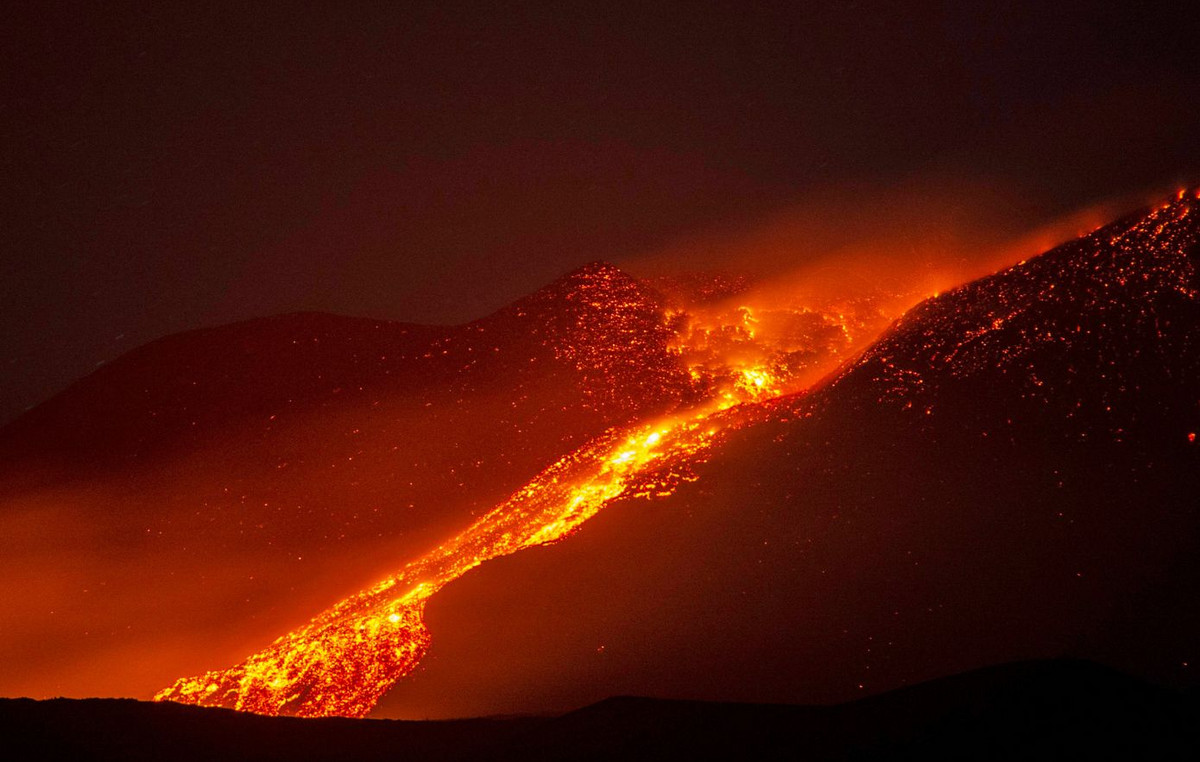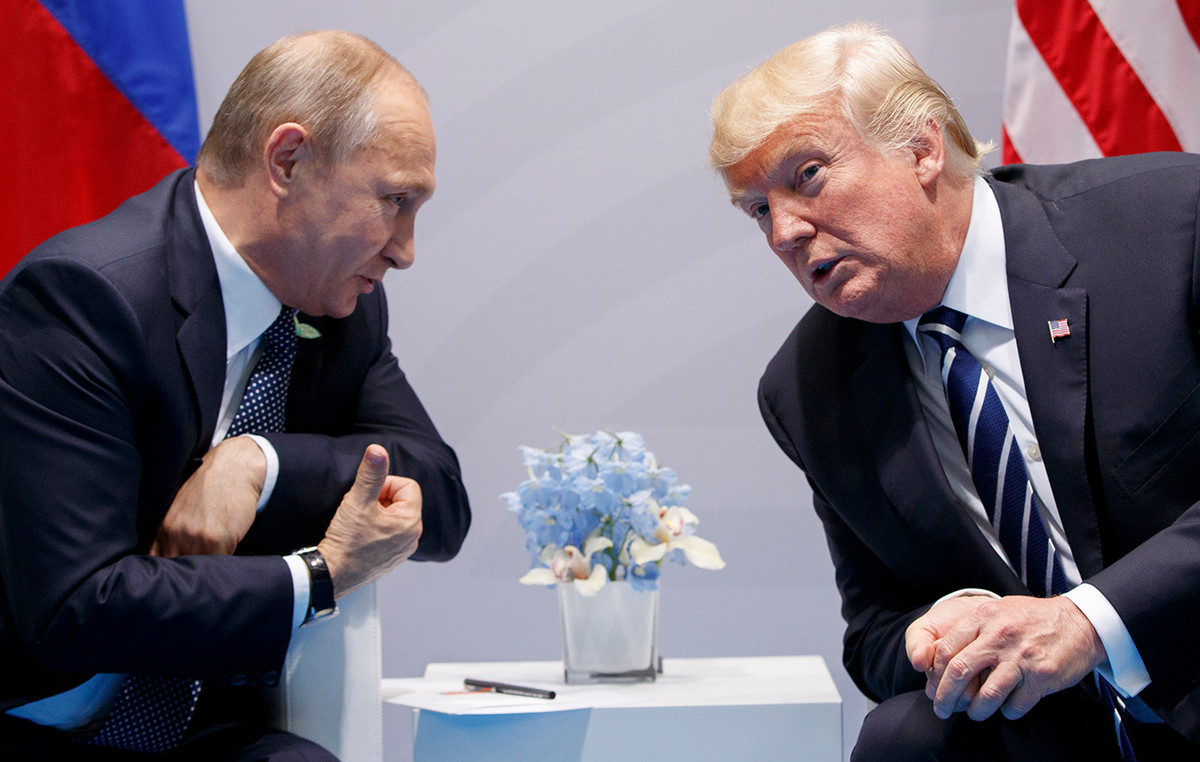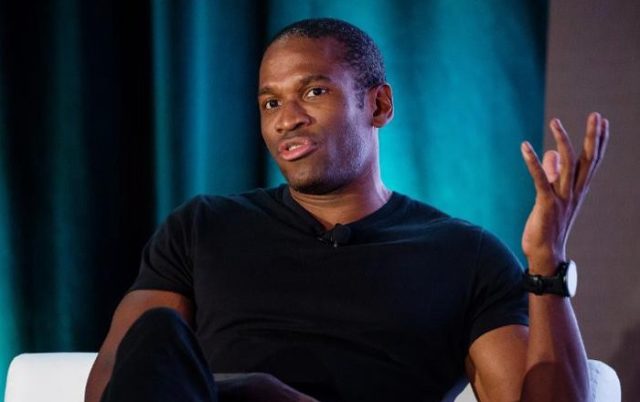French voters go to the polls on Sunday (29) in the first round of early parliamentary elections. The vote could topple President Emmanuel Macron’s centrist alliance and leave him to spend the remaining three years of his presidential term in an awkward partnership with the far right.
Voting begins at 8am (3am Brasília time) and ends on the same day at 8pm (3pm Brasília time). On Saturday, voters in French territories voted.
The two-round process, with the next scheduled for July 7, will end with the election of the 577 members of the National Assembly. The election will take place on a district basis.
The election was called three years earlier than necessary and three weeks after Macron’s Renaissance party was defeated by Marine Le Pen’s far-right National Rally (RN) in the European Parliament elections earlier this month. .
Minutes after the humiliating defeat, Macron said he could not ignore the message sent by voters and took the “serious and heavy” decision to call early elections – the first in France since 1997.
Possible “cohabitation” government
Whatever the result, Macron has committed to remaining in office until the next presidential elections in France, in 2027.
The National Assembly is responsible for approving domestic laws – from pensions, taxes, immigration and education – while the president determines the country’s foreign, European and defense policy.
When the president and the majority in parliament belong to the same party, things work out well. Otherwise, the government could grind to a halt – a prospect that could haunt Paris as it prepares to host the Olympic Games next month.
More recently, France had such a government – known as “cohabitation” – when the right-wing president, Jaques Chirac, called early elections and was forced to appoint a socialist, Lionel Jospin, as prime minister, who remained in office for five years.
Two-round election
The first round of voting eliminates the weakest candidates before the second round, next Sunday (7). Only those who obtain more than 12.5% of the votes of registered voters will be able to compete in the second round.
Often this is fought between two candidates, but sometimes three or four. Some candidates choose to drop out at this stage to give allies a better chance of winning.
Most voters will choose one of three blocs: the far-right alliance led by the RN; the New Popular Front (NFP), a recently formed left-wing coalition; and Macron’s centrist group.

The RN bloc is led by Jordan Bardella, the 28-year-old party leader handpicked by Le Pen, who has strived to burnish the image of a party historically dominated by racism and anti-Semitism that proliferated under her father’s decades-long leadership. Jean-Marie Le Pen.
Until recently, the prospect of a far-right government was unthinkable. In the past, opposition parties have entered into marriages of convenience in an attempt to prevent the RN – under its previous name, the National Front – from entering government. Now, in a matter of weeks, Bardella could become France’s prime minister – and Europe’s youngest in more than two centuries.
On the left, a previously fractious group of parties recently came together to form the New Popular Front – a coalition aimed at resurrecting the original Popular Front that prevented the fascists from gaining power in 1936. The broad alliance includes more radical figures like Jean-Luc Mélenchon, three-time presidential candidate and leader of the Unsubmissive France party, as well as moderate leaders such as Raphael Glucksmann of Place Publique.
Meanwhile, French Prime Minister Gabriel Attal – who was only appointed to his post by Macron in January – represents Macron’s centrist Ensemble alliance. Attal would have been one of the last members of Macron’s inner circle to know that an early election was imminent.
Voting will close at 8pm (3pm Brasília time). The first exit polls begin to be announced as soon as the polls close.
The complete results are expected on Monday (1st).
Source: CNN Brasil
Bruce Belcher is a seasoned author with over 5 years of experience in world news. He writes for online news websites and provides in-depth analysis on the world stock market. Bruce is known for his insightful perspectives and commitment to keeping the public informed.







